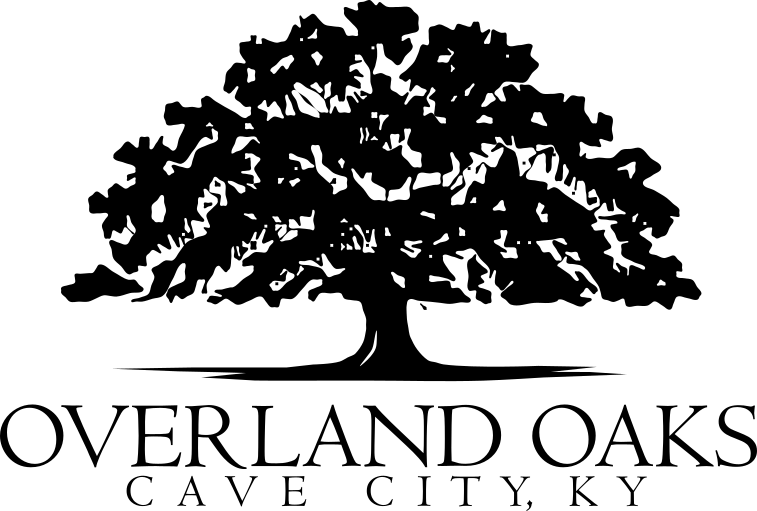On Selling Chicken
jeff | March 24, 2025, 2:06 a.m.
Over the past few years as we’ve gained experience in raising pastured poultry for ourselves, we’ve looked into ways that we could share it with our community. In terms of quality and (of course) taste, it’s a game-changer. I cannot buy store-bought chicken anymore!
And our local community agrees completely – the feedback we’ve heard when cooking up one of these beautiful birds for our friends, family and community is unanimous. It’s the best chicken they’ve ever had and they want to know how they could buy some.
Unfortunately the State of Kentucky will not allow its farmers to sell chicken direct to customers without jumping through a massive set of hoops. In many cases, this prevents most farmers from even considering selling to customers, as the cost of doing so is so high that they couldn’t afford to start.
What Kind of Hurdles?
The State of Kentucky requires every farmer who wants to sell even 1 chicken to customers must have them processed in a state-inspected facility.
That sounds great, except that the nearest state-inspected facility is over an hour away from our farm.
“Well, that’s fine, Kentucky has mobile processing facilities!” you may say. They sure do (two for the whole state – wow!), however in order for a mobile facility to visit any farm, a fully inspected and approved dock must be built, which would cost about $300,000, not including the cost of permits and additional inspections from multiple departments. That would need to be built before we even sold 1 chicken and boy would we need to sell a lot to pay that off!
But Inspected Facilities Mean The Chicken is Safe to Eat, Right?
Wrong. Nearly every single outbreak of food-related illness has been via so-called “inspected facilities,” or even worse, facilities with USDA inspectors on-site.
The mechanized methods allow processing facilities to produce in incredibly high volume. This makes it impossible to target every possible problem and still continue to operate. If an area does become contaminated, it could effectively have processed hundreds of birds before identifying the problem.
The methods of evisceration are also highly mechanized, and precision is low. Viscera is cut and contaminating fluids get everywhere, requiring the carcass to be bathed in toxic chemicals in order to kill the bacteria released from this automated process. Those chemicals are known to get into the meat.
What’s worse, some of these places hire folks who are not exactly hygienic. Failure to wash hands, neglect of the workspaces, rodents… all of these issues happen all the time at so-called “inspected facilities.”
Does that sound “safe to eat” to you? I thought not. Indeed, a facility that’s inspected does not automatically make it “safe.”
On our farm, we process our own chicken using an open-air processing facility. We eviscerate by hand, every single bird we process. Any problem in the process, while rare, is handled immediately and quickly. No toxic chemical touches our chicken. Ever.
So What Can We Do?
Fortunately the US Government has existing regulations in-place that allows for on-farm processed poultry “exemptions.” The problem is, while Kentucky recognizes the federal exemption, they still require the use of inspected facilities.
We’re actively working with our state representatives to change the rules. And if the rules were to change, we could process up to 20,000 birds in a year.
Please let us know by reaching out if you’d like to help make this a reality!
20,000 Birds?! That’s a lot!
From a perspective of scale, it’s not. If you take a family of four, eating one chicken a week for the entire year, 20,000 birds would only feed 384 families. That wouldn’t even feed a fraction of our little town!
Now, compare that against Tyson or Perdue, who feed millions of families a year. 20,000 birds is a drop in the ocean. But Tyson and Perdue have no problem affording the facilities required. So all the rule does is keep your local farmer out of the market.
But The Law is For Food Safety!
While that seems to make sense on its face, it’s simply not about safety at all. And here’s why.
We could give away our chicken. There’s nothing illegal about doing so. In fact, we’d be hailed as some paragon of generosity by the community. People would be able to enjoy the finest chicken ever known to modern man. Our community would be healthier, stronger, and more closely connected to their food, with all of the benefits therein.
But if even a single penny was exchanged, I’d be a criminal. The state would seek to arrest me and charge me with any number of claims. It’s happened with many a farmer, to the level that most farmers need to pay for attorneys to protect them from an overbearing state!
The point being, if farm-processed chicken wasn’t safe, it’d be illegal to even possess, like a controlled substance. But it’s not.
So, it’s really not a “safety” issue. It’s a block to keep startups from accessing the market. And the gigantic companies don’t mind those benefits at all.
How Do I Know This Chicken is Safe?
When it comes to your food, YOU are the best inspector you’ll ever find.
You, as our customer, can inspect our facilities at any time. We take pride in our work and want our customers to be involved in knowing where their food comes from. We believe that sunlight is the finest disinfectant, and your 5 senses will easily outperform any bureaucrat the state could call up.
Try doing that with Tyson. You’d have to get past the barbed-wire fences, security guards, and militant executive assistants.
Well, Guess I Can’t Buy Your Chicken.
True. But we can certainly grow your chicken. Just ask us how.
